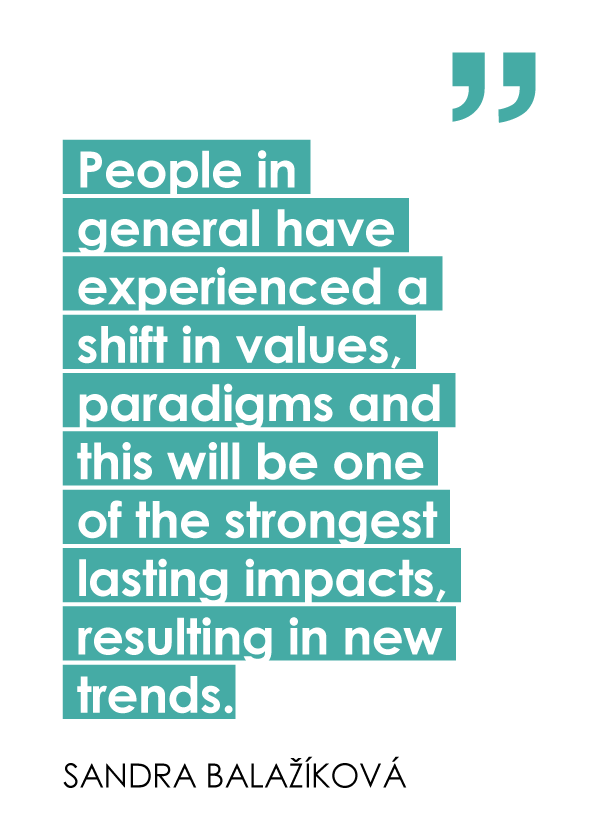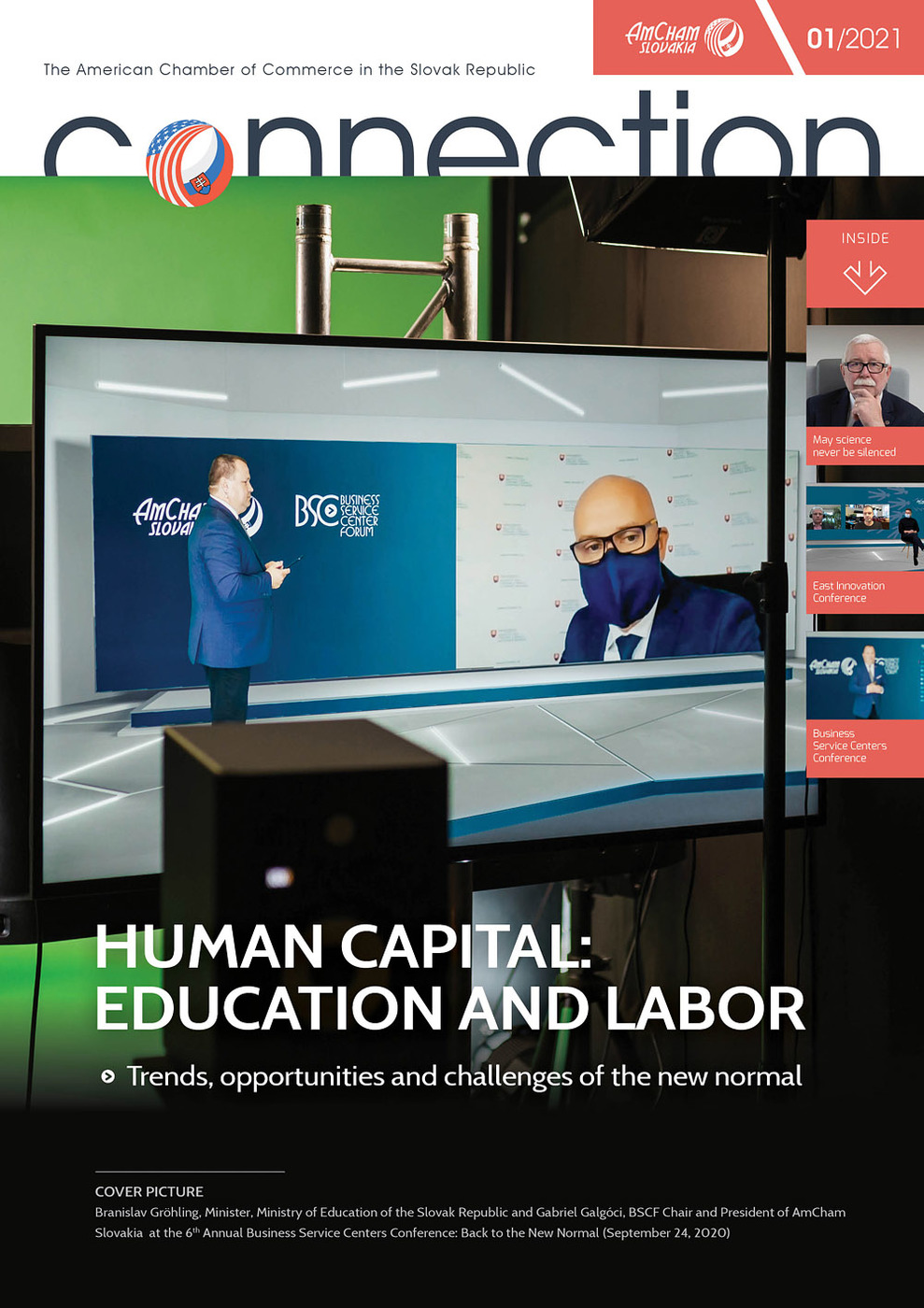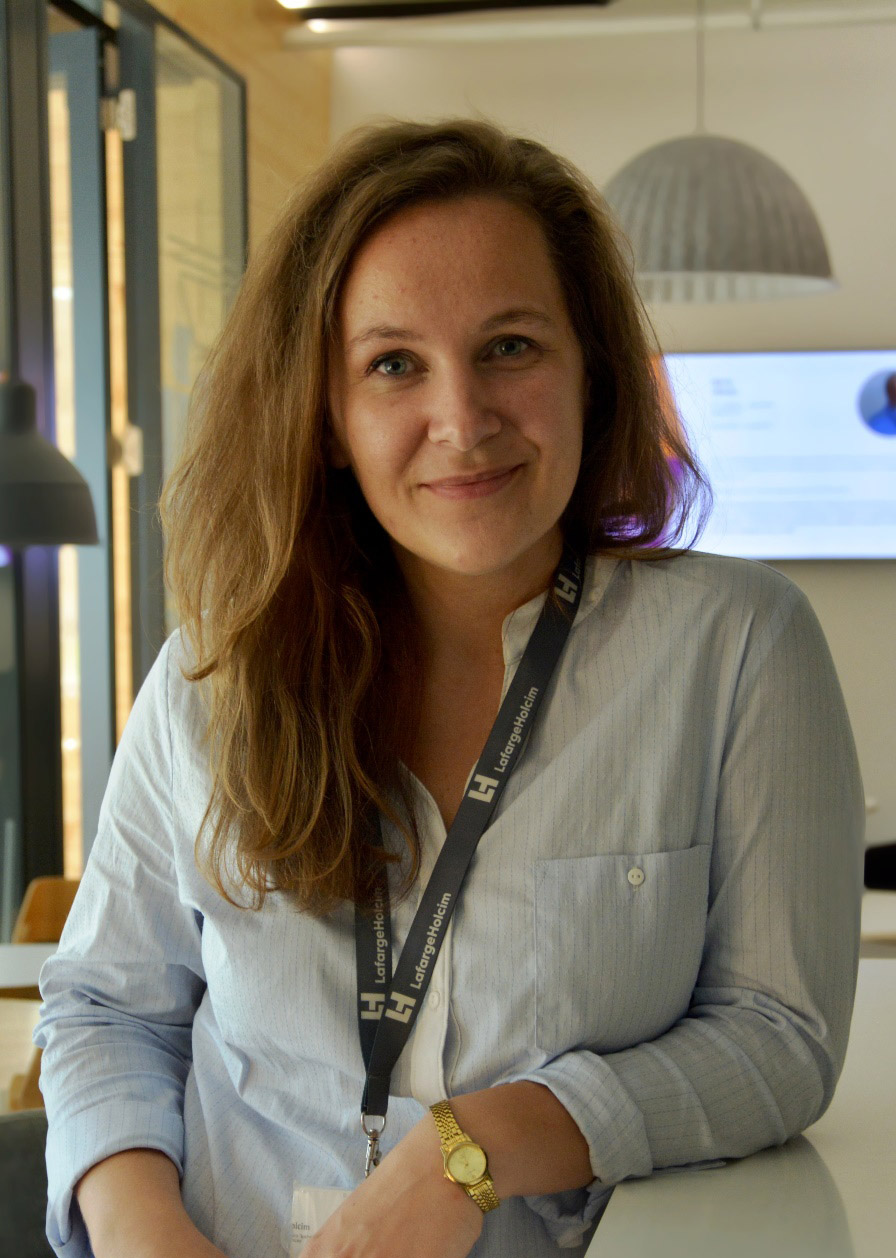How has the Covid-19 pandemic changed the work processes at your company?
(ZG) In Accenture, we managed to switch to work from home very quickly and continued to provide services to clients remotely. We had to adjust a lot of the back office processes to ensure safety of our employees – paperwork, onboarding and similar. One of our focus points during the pandemic has been to equip all our team leads with tips and tricks for remote people management, and continue our focus on mental health topics in a virtual mode.
(SB) COVID-19 has confirmed that the DTSE SK way of innovation and digitalization is the right direction. In previous years, DTSE SK underwent significant technological evolution, which was instrumental to continuing without any disruptions in such a major disruption as a worldwide pandemic.
We call DTSE SK a corporation with a start-up mentality, which is immensely rare in BSC industry and this mentality has supported an almost immediate shift from the office to home office. To answer the question if COVID-19 has changed the work processes, I would say: COVID-19 has simply speeded up and polished already embarked online processes, e.g. onboarding, offboarding, hiring.
It is interesting to mention that one of the major HR processes - performance management - was newly implemented remotely (new tool, new scale, new target setting) in March/April 2020 with nearly 1000 employees on home office. For me this is undoubtful evidence of a strong HR team and strong employee/leadership culture to succeed with the implementation of such a sensitive process under COVID-19 circumstances.
 (IT) The core processes remained almost unchanged, while still focusing on automation. On the other hand the way how we work, cooperate and accomplish tasks has changed significantly. Besides the already business-as-usual social distancing, security and preventive measures, we increased focus on internal communication and care for mental health and wellbeing of employees and managers.
(IT) The core processes remained almost unchanged, while still focusing on automation. On the other hand the way how we work, cooperate and accomplish tasks has changed significantly. Besides the already business-as-usual social distancing, security and preventive measures, we increased focus on internal communication and care for mental health and wellbeing of employees and managers.
(LB) It speeded up some of the business decisions such as digitalizing HR processes or moving our center in Košice to a new, healthier and safer office space. It made us more creative when communicating with our colleagues, purposely looking for a human touch while being in a virtual environment. We were forced to implement new processes and practices which allowed us to share information fast in a digital environment and on a regular basis to prevent business disruption.
Which of these trends do you expect to have a lasting impact?
(ZG) We are seeing a trend in the world of many companies announcing heavy work from home models in the future. We understand a number of people have become fond of the work from home approach and the flexibility it provides and they have settled in well. We expect a larger portion of home office will be the future trend with attending in the office for personal collaboration and creating innovative solutions. Companies will however have to consider that for some people the home office simply does not work, and offices will need to enable that as well.
(SB) As described above, the focus on digitalization will continue. However, a very important aspect of COVID-19 was to focus on mental health, wellbeing and values.
This unique situation has demonstrated that mental stability and strong employer support contribute to a can-do culture without forgetting about the human aspect; this has been manifested in employee engagement and satisfaction. People in general, employees of each and every employer, have experienced a shift in values, paradigms and in my humble opinion, this will be one of the strongest lasting impacts, resulting in new trends (new normal, new CSR activities, new motivation incentives etc.).
We are currently in the process of shaping new strategic pillars for 2021, where we are receiving promising signals from the Magenta family to support growth; being in BSC & TelCo industry, we can luckily also see the new possibilities opened by COVID-19.
(IT) The even more increased focus on mental health and wellbeing may become a new normal as workplaces and work formats will change. These changes may cause stress, which we will need to address in the long run.
(LB) We can see already that the need for physical workspaces and paper files has decreased and our transformation to be all-digital will continue. From the business perspective, the pandemic has accelerated LafargeHolcim’s path to becoming a net zero company and our green building solutions and the center will support all newly defined activities such as online sales and green finance.
Zuzana Guller, HR Director, Accenture Slovakia, Czech Republic, Romania and Hungary
Sandra Balažíková, HR Manager, Deutsche Telekom Services Europe Slovakia, s.r.o.
Ivan Tomko, HR Manager / TA - SK & HU, IBM
Lea Bodnárová, Head of HR, LafargeHolcim European Business Services






Follow us